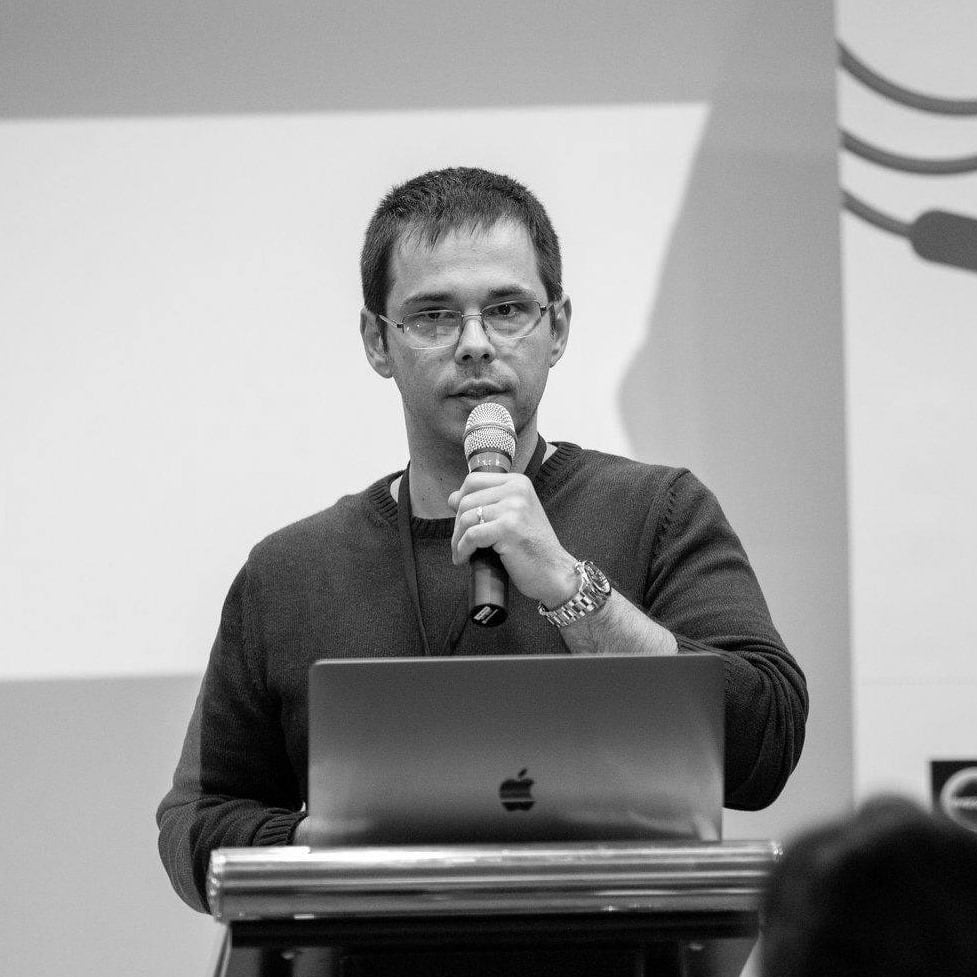If you’re considering a career as a computer programmer and you get easily scared by math, I know how you feel…
There’s nothing worse than staring at an alien-looking math problem and feeling like you’re too dumb to figure it out; or that everyone else gets it but you.
If that’s you… then you probably have no business teaching math. But chances are, if you’re reading this, you have no interest in doing that.
Instead, you’re probably a lot more interested in starting a career as a computer programmer and making a living along the way.
And that’s good because that’s what I’m going to talk about next.
Oh, and if you’re wondering how I know this… it’s because I’ve been programming professionally for the past 15 years, and I’ve managed to build myself a 6-figure career as a web developer.
So here it goes…
Tip #1: Skip the Math
I have never once encountered a coding problem I couldn’t figure out with my 3rd-grade level math.
That’s not to say that there’s no math in coding. In fact, there’s quite a bit of it… it’s just not something you’re going to have to worry about in your day to day job.
That is because the complex math that you do need to work with is already pre-packaged and ready to use without you ever needing to know how and why it works (unless you want to).
It’s packaged inside something called code libraries that provide simple instructions on using them.
It’s like driving a car. You don’t need to know how to engine works or study the field of mechanics to be able to use the car. All you need to know is how to operate the controls.
So rest assured that you can build a very successful career in web development without ever needing to pick up a math book.
Tip #2: Most Books Won’t Help You
We’ve been taught that the best way to learn about the world and get good at something is to read books.
That is because most books are written by people who generally know what they are talking about and usually have years of experience in their fields.
And if you’re a seasoned programmer or even someone with some coding experience, then books are probably your best go to resource for expanding your knowledge about coding.
But for non-programmers, books are not always easy to read because of all the jargon and the math references. Most books are written like that due to something called “the curse of knowledge”, where authors are speaking to you, assuming you know a lot more than you actually do.
Not all books are like that, so if you do want to pick up a book, make sure it’s written in a way that doesn’t confuse you even more.
My advice about books (and even online courses) is to look for those who don’t expect you to know the jargon and don’t use any math in their examples.
Tip #3: Everything Is Not Worth Learning
There is so much to learn about computer programming that you could spend a lifetime learning and only scratch the surface of what’s possible.
But if you don’t have a job yet, I don’t think learning everything is what you should focus on.
Instead, focus on getting yourself hired first. And then you can spend your time learning more without stressing about the job.
Learning everything there is about coding is just a waste of your time, and it’s only going to defer the day you get hired even further.
In fact, most developers know just enough to get by because, in practice, the most valuable skill is to know what to look for. If you know what to look for, then you can leverage the power of the internet to solve everything.
So be mindful about what you are learning because you can spend a lot of time learning things that you will probably never need in practice.
Tip #4: Your Brain Needs Rewiring
The way you think and learn will probably change to become a coder. And it should change because learning to code is about learning how to talk to machines.
And machines “think” a lot differently than we humans do.
So to be able to speak to them, you need to learn how they think and then use the language of programming to talk to them in a way that they can understand.
And to do that, you will rewire your brain a little to adopt different mental models.
Everyone in this country should learn to program a computer, because it teaches you to think. – Steve Jobs
Learning how to code is not rocket science. It’s easier than you might think.
Check out this Free HTML Video Course to get a feel for what learning how to code is like (in less than an hour).

